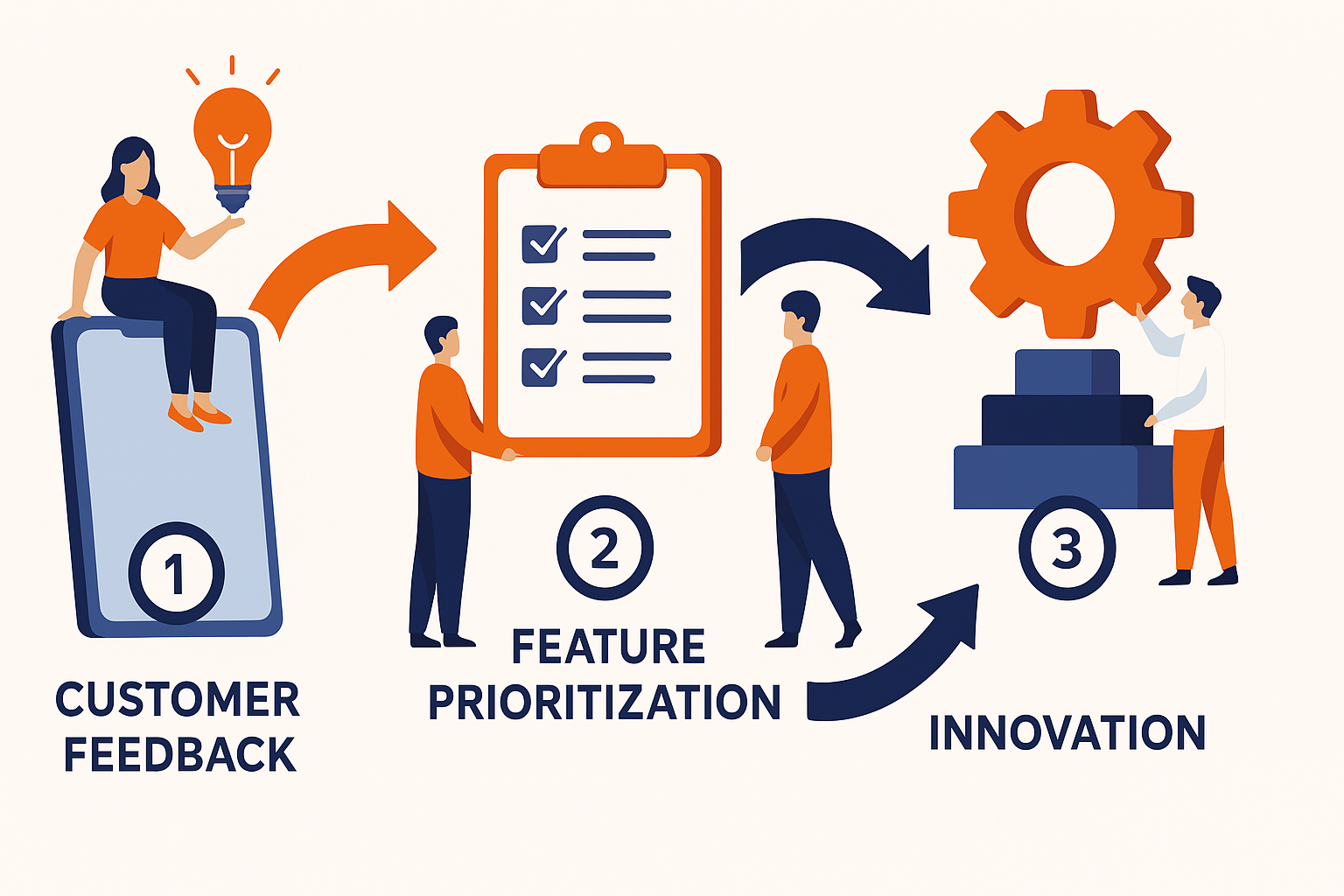In the ever-evolving world of medical education, collaboration is playing an increasingly vital role in shaping its future. A recent episode of the MedEdge podcast highlighted this trend, featuring Meredith Feldman and Amy Vezzetti, experienced program coordinators in neonatal-perinatal medicine. They shared their insights on the benefits of collaboration and the formation of a subspecialty organization, ONTPC (Organization of Neonatal Training Program Coordinators).
The Birth of ONTPC
ONTPC was launched in June 2020, just 90 days after the onset of the COVID-19 pandemic. Feldman, the founder, saw an opportunity in the midst of isolation to create connections."In recognizing the need for social interaction and meaningful connections, especially during COVID when we were at home without much interaction, I thought this was the perfect time to try to get this organization formed" she explained.
The Need for Specialized Collaboration
As Feldman and Vezzetti pointed out, the intricacies of neonatal-perinatal medicine require a unique level of coordination and collaboration. "We have so many different intricacies that other programs don't have," Feldman noted. By forming a subspecialty organization, they aimed to create a platform where program coordinators could share knowledge, resources, and best practices specific to their field.
Rapid Growth and Impact
Since its inception, ONTPC has grown rapidly. Starting with just 18 coordinators in August 2020, the organization now boasts around 90 members. This represents more than half of the approximately 150 neonatal-perinatal programs in the country, a testament to the organization's value and impact.
The Power of Professional Development
One of the key aspects of ONTPC's mission is to provide professional development opportunities tailored to the needs of its members. The organization conducts surveys and stays up-to-date with the latest trends and challenges in the field. They've curated a range of educational resources and workshops that cater to the specific requirements of neonatal-perinatal program coordinators.

Vezzetti, co-chair of the Wellness and Professional Development Committees for ONTPC, explained their approach: "We just keep our finger on the pulse of what coordinators are going through and where those needs are. We often send out surveys, formal and informal. We utilize that Facebook group. When people are making comments, we are asking questions. We notice trends and ask follow-up questions about things that would be beneficial."
Expanding Horizons through Collaboration
As ONTPC continues to grow, Feldman and Vezzetti are eager to collaborate with other organizations and subspecialties to expand their reach and impact. They're currently working with pathology coordinators and administrators on some projects and are planning to collaborate with pediatric cardiology coordinators.
Addressing Broader Challenges
Beyond their specific subspecialty, ONTPC is also concerned with broader issues in pediatric subspecialties. Vezzetti highlighted a significant challenge: "Right now there is a huge concern with the future workforce for pediatric subspecialties, just with match results that came through in March. I believe there were 249 unmatched pediatric residency positions in the country, which is concerning because pediatric residents become pediatric subspecialists and we need them to take care of these babies and kids."
The Future of Medical Education
As the medical education landscape continues to evolve, the importance of collaboration and subspecialty organizations like ONTPC will only continue to grow. By fostering a culture of collaboration, mentorship, and professional development, ONTPC is helping to create a more confident and competent workforce, capable of meeting the complex demands of modern healthcare.
The work of Feldman, Vezzetti, and ONTPC serves as a shining example of what can be achieved when dedicated professionals come together to drive positive change, even in the face of unprecedented challenges like a global pandemic. Their efforts are not just enhancing the skills of program coordinators but are also contributing to the future of neonatal care and pediatric subspecialties as a whole.

.svg)







